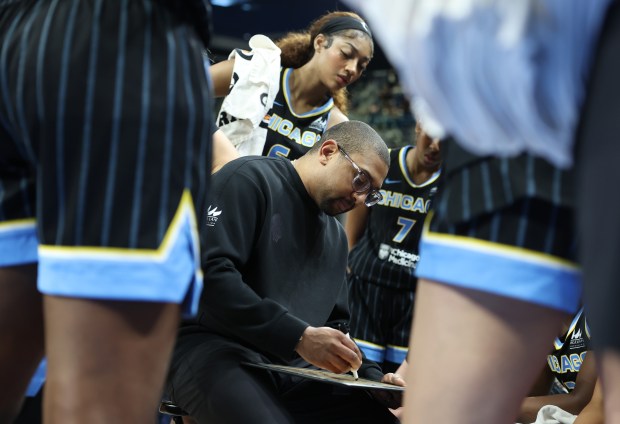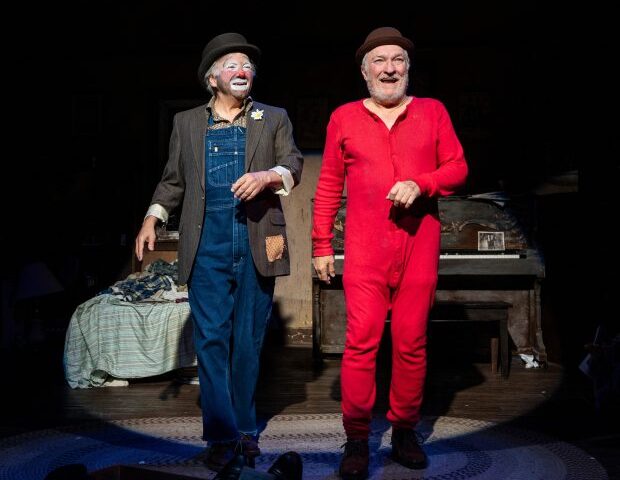Any government official who has mandated a hiring freeze knows that the first thing they will hear from department heads is how any such declaration cannot possibly apply to them.
“We’re too important,” they’ll all say. One after the other.
It is the nature of bureaucracies to expand or, at the very least, protect their size and thus the clout of the people who run them. Even before labor unions get involved, hiring freezes were invariably resisted by those who would have to make do with fewer workers.
Multitudinous exceptions are demanded. The notion of the “essential worker” expands like kudzu on the side of a Georgia freeway. Agencies try to get in under the gun, sneak in positions, change the nature of contracts, mess with temporary versus permanent, hope nobody will notice and generally do everything humanly possible to avoid the point of the hiring freeze in the first place: to save money at a time of necessary austerity.
That’s how it appears to be going with Chicago Mayor Brandon Johnson’s hiring freeze, as officially announced at the beginning of last month. As you likely know, Chicago is staring down a 2025 budget deficit in the order of $1 billion.
“The harsh reality is this,” Johnson told ABC-7 this week. “Our expenses have outpaced our revenue.”
We’ll rephrase that slightly for the mayor. “The harsh reality is this. Our spending has outpaced our revenue.”
In many cases, these are not “expenses” so much as choices.
Whatever your politics, any fool can see that there is a budget crisis of epic proportion. Similarly, there is general agreement that hiring freezes are a humane way to save money in massive entities such as the city of Chicago. Nobody loses their job. Nobody is put on a furlough. When positions open, managers usually shift priorities anyway. A hiring freeze is far and away the best first way to take an initial whack at costs.
Even before WBEZ reported that “hundreds” of new employees had been hired amidst this so-called hiring freeze, we’d heard anecdotally about people seeming still to get on the city payroll and wondered how that could be the case.
We’re not talking here about police and emergency services. We argued weeks ago that cops and firefighters should be exempted, and the Johnson administration later “clarified” that would in fact be the case. We’re talking about regular city positions across many departments. Relying in part on an open records request, WBEZ reported that there were 268 new hires between the “freeze” put in place on Sept. 9 and Oct. 21 and only about 100 of those were in departments focused on public safety.
We’ve not independently verified those numbers and we don’t doubt that some of the others might not truly be new hires, or at least that their status could be open to interpretation. We’ll even allow there might be room for the very occasional exception. Very occasional.
But that doesn’t change our one and only point here, and it’s an important one.
If Johnson plans to sock it to Chicagoans with a hefty property tax increase, which sure looks to be the case as we write, he should first have been looking to cut expenses, as any household would do. Yes, that should include furloughs, layoffs, budget-line reductions and similar steps, as we discussed in our editorial on Tuesday.
But a hiring freeze, by which we mean an actual hiring freeze, is the very minimum he can do.
There has to be fiscal accountability. There has to be honesty. The has to consistency.
The freeze has to be hard and it has to be real.
Submit a letter, of no more than 400 words, to the editor here or email letters@chicagotribune.com.




